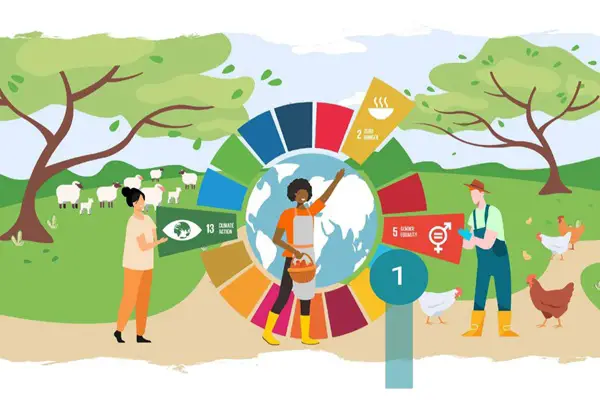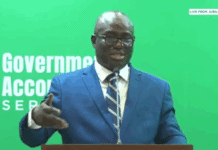The Food and Agriculture Organization (FAO) has taken significant steps to promote gender equality and empower women in agriculture through its free gender courses.
The FAO Policy on Gender Equality 2020–2030 underscores the critical role of gender equality in achieving FAO’s mission of a world free from hunger, malnutrition, and poverty.
This policy provides a comprehensive framework to address persisting inequalities between men and women in agriculture and rural development, aiming to build sustainable food systems and resilient societies.
Importance of Gender Equality in Agriculture
FAO recognizes that gender disparities hinder progress in agriculture and rural development. By eliminating these inequalities, FAO aims to create inclusive food systems that benefit both men and women. The organization emphasizes the importance of a gender-responsive organizational environment and sets minimum standards for gender mainstreaming across all functions.
FAO’s Approach to Gender Equality
FAO adopts gender-transformative approaches to advance gender equality and empower women in rural communities. These approaches challenge discriminatory norms, attitudes, behaviors, and social structures to promote equal opportunities for men and women. FAO supports governments in creating an enabling environment for both genders by advocating for gender integration, enhancing capacities, and collecting sex-disaggregated data.
Closing the Gender Gap in Agriculture
Gender inequalities in food and agriculture have significant economic implications, costing the world approximately $1 trillion. FAO highlights the need to address disparities such as limited access to resources, higher unpaid care burdens for women, and wage gaps in the agricultural sector. By empowering women and closing these gaps, FAO believes that global productivity could increase significantly, contributing to poverty reduction and food security.
FAO’s commitment to promoting gender equality through free gender courses reflects its dedication to empowering women in agriculture and rural development. By addressing gender disparities and fostering inclusivity, FAO aims to create a more equitable and sustainable future for all individuals involved in food production and rural livelihoods.








